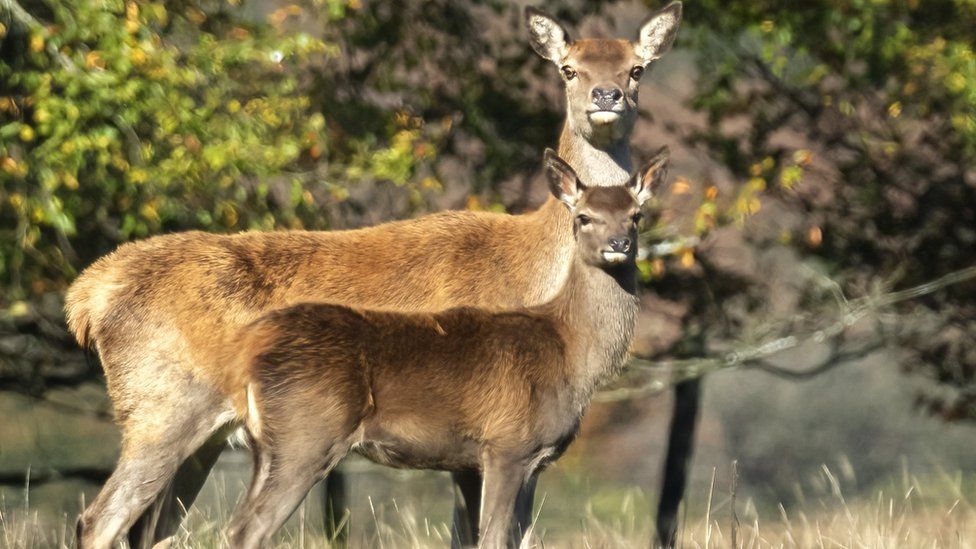-

-
-
Loading

Loading

The National Trust has warned that climate change is causing disruption to nature by disturbing predictable weather patterns. This disruption affects the regular rhythm of the seasons, making plants and wildlife more vulnerable to disease. The National Trust manages many estates, and the effects of climate change can be seen across these areas. This shift in seasonal patterns is particularly impacting animals, trees, and plants. Over time, the changes become extremely significant, even though they may not be noticeable within a single year. In 2023, the UK experienced a range of temperature records, including the warmest June and highest sea temperatures ever recorded. Unusually warm winters have allowed pests and diseases to thrive. Further effects include low water levels in rivers, lakes, and reservoirs, leading to increased algal blooms and mass fish deaths. Storms have also caused damage to landscapes and coastlines. These changes in seasons are noticeable in parks and gardens, such as grass needing to be mowed later into the year. National Trust rangers and gardeners report that warm and wet conditions are the cause. The warm temperatures also result in early blooming of shrubs, making them susceptible to sudden cold snaps, which in turn affect pollinators and birds. The oak tree, an iconic species in the UK, is particularly at risk due to year-round rising temperatures. Shorter cold snaps do not provide enough time to kill off diseases, making oak trees more vulnerable to attacks from other parasites. The oak processionary moth, for example, has been migrating northwards due to warming climates. Warmer winters may also negatively impact heathlands, allowing the heather beetle to take hold, leading to the destruction of large areas of the plant. Animals that hibernate, such as dormice, are also threatened as they emerge from their sleep earlier and deplete their energy stores. Red deer have shown delayed sexual activity, resulting in autumn births that leave the calves without adequate fat reserves to survive the winter. The UK has experienced relatively mild extreme weather compared to other countries, but the National Trust warns that increasingly extreme weather is likely. The Trust emphasizes the need to prepare and build resilience in the UK's landscapes and ecosystems. One example of this is a project on the Holnicote Estate in Somerset, where a river has been allowed to meander freely, creating wetlands. This project aims to slow the river's flow, combat flooding and drought, increase biodiversity, and store more carbon over time.